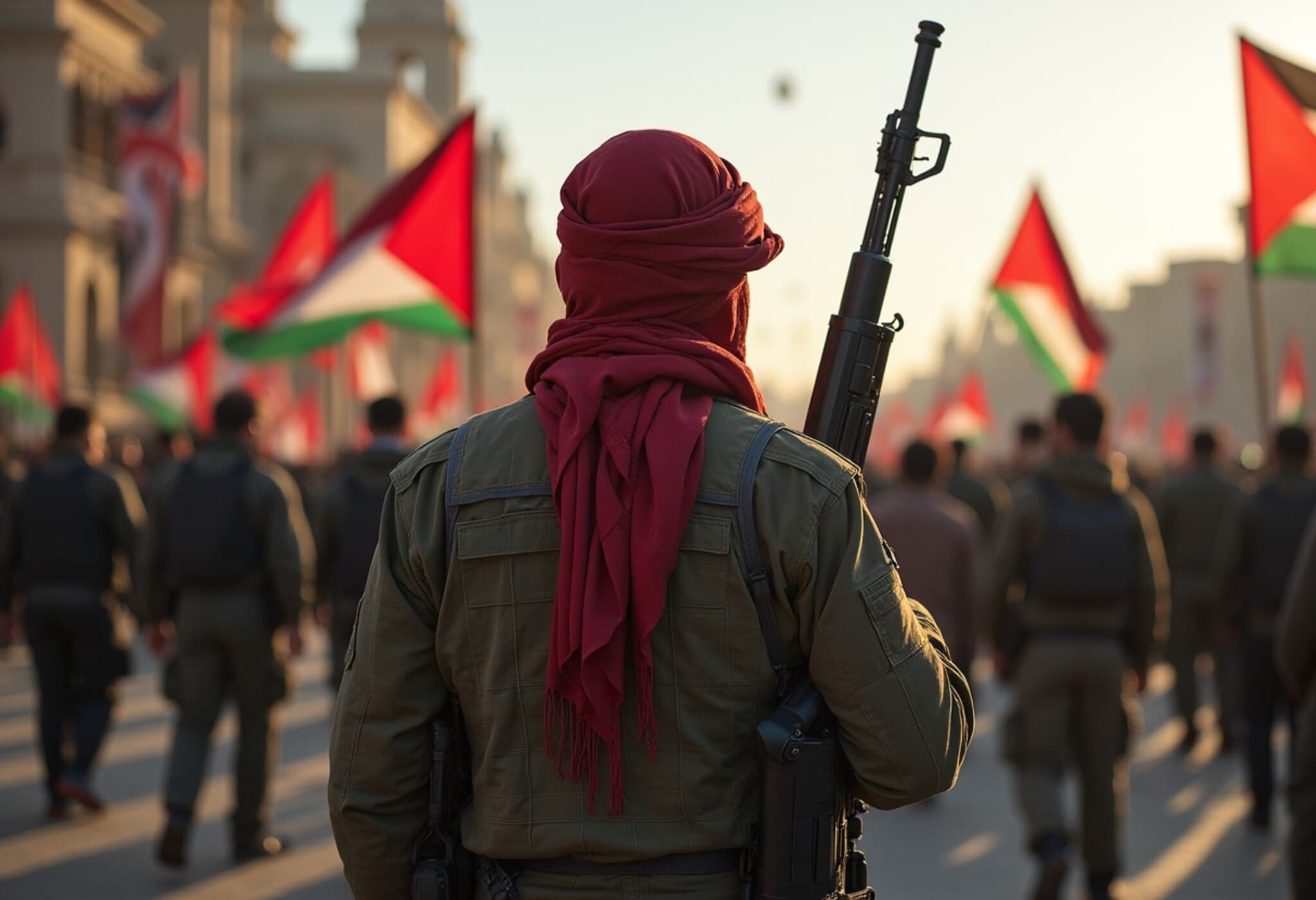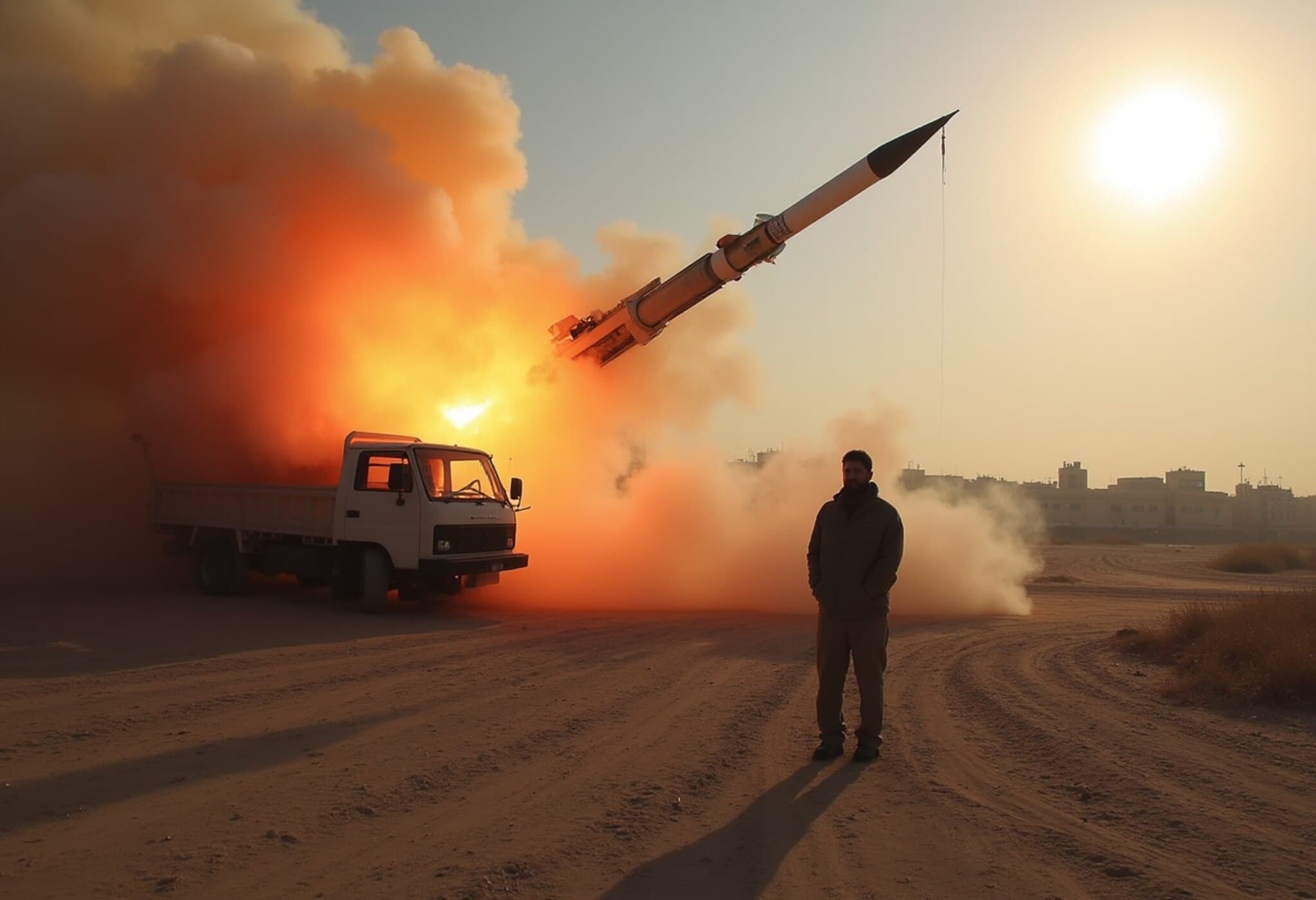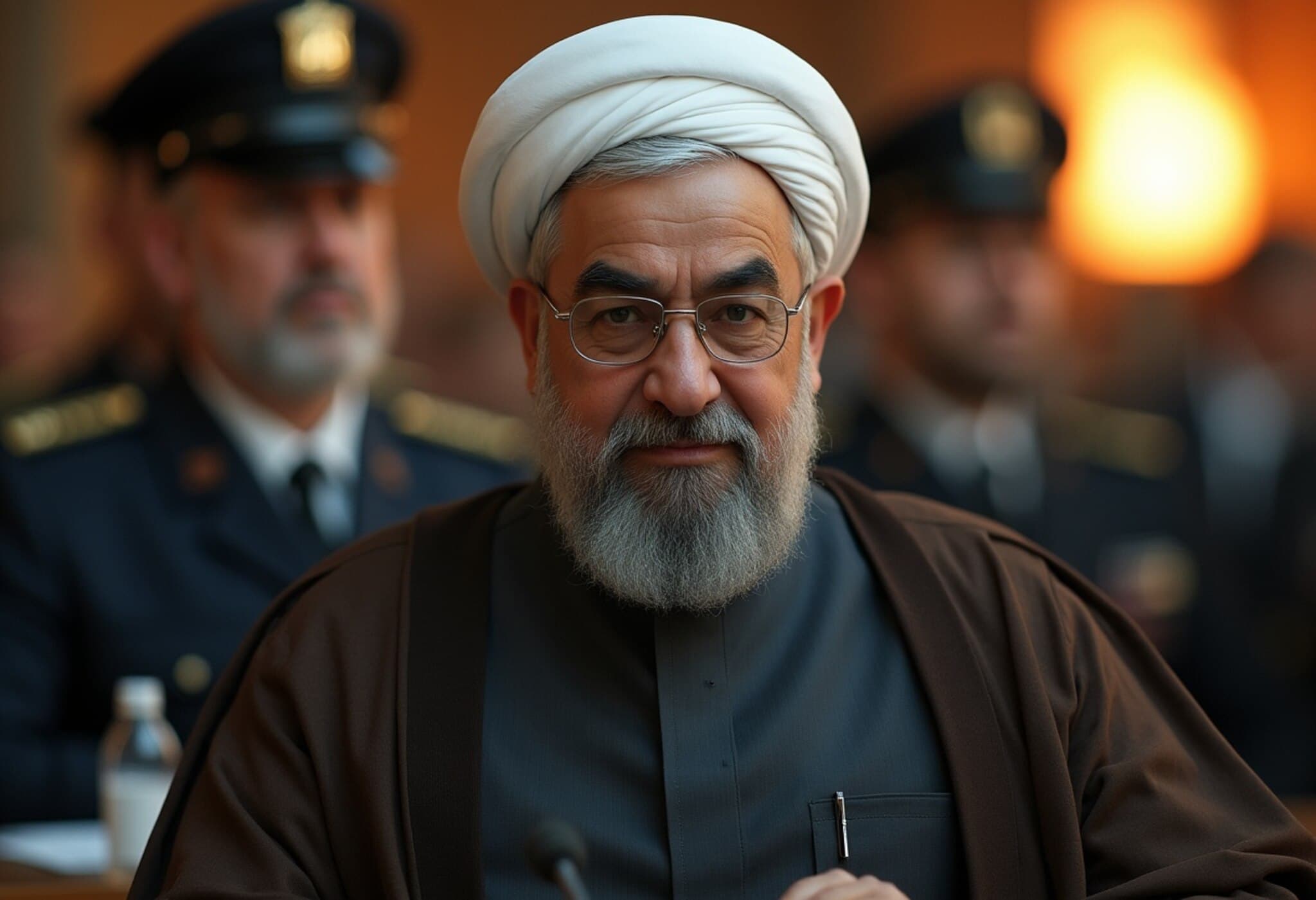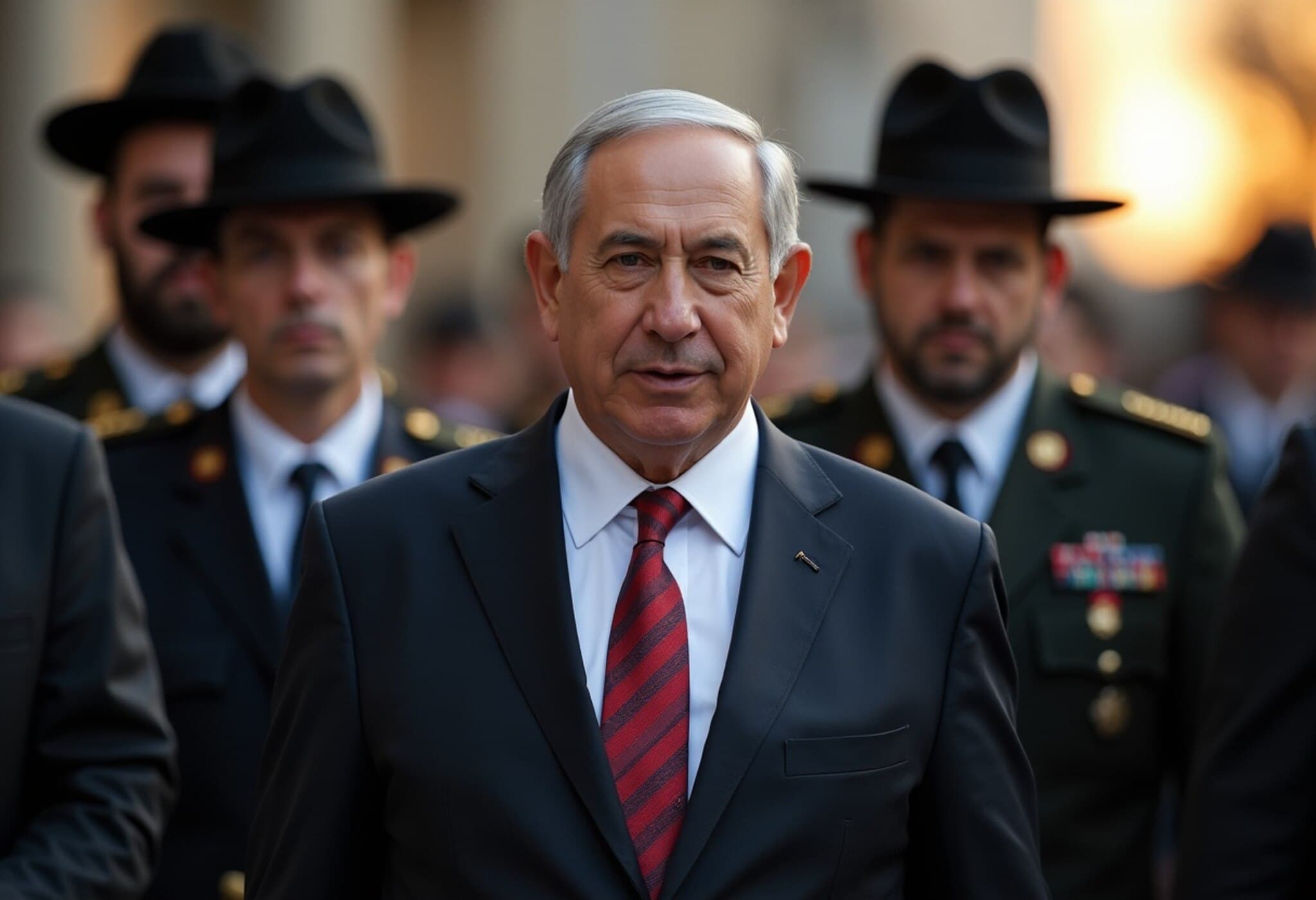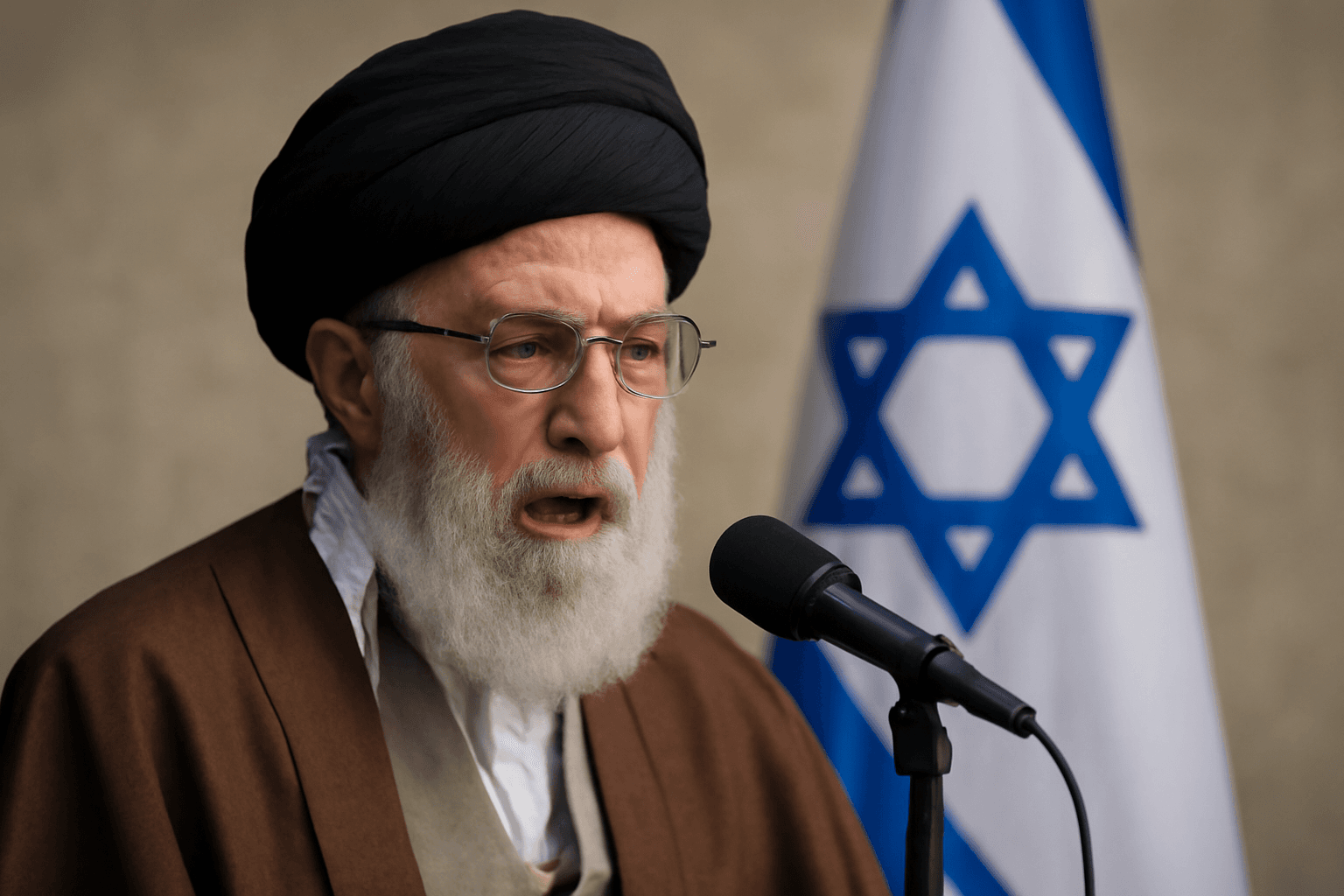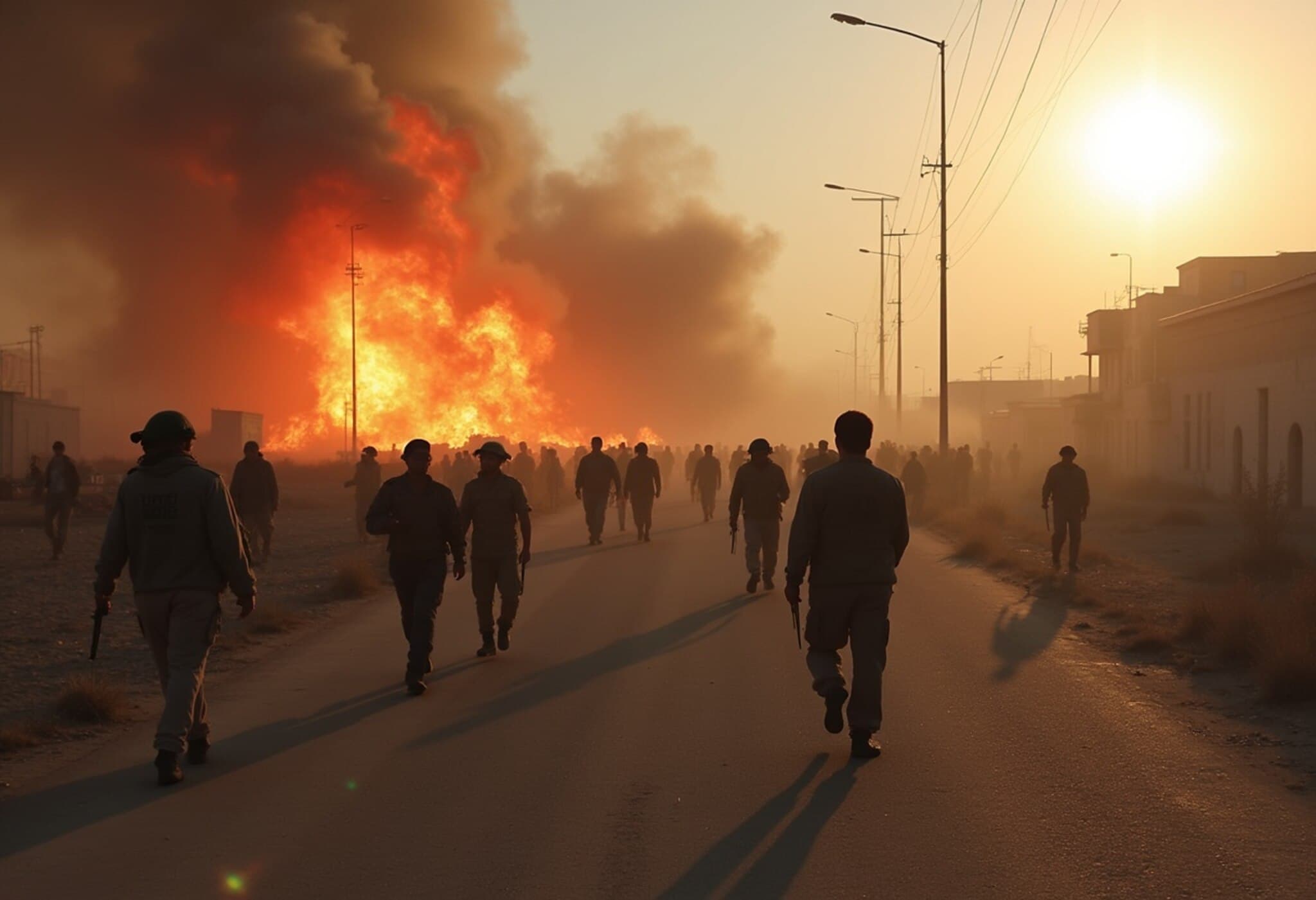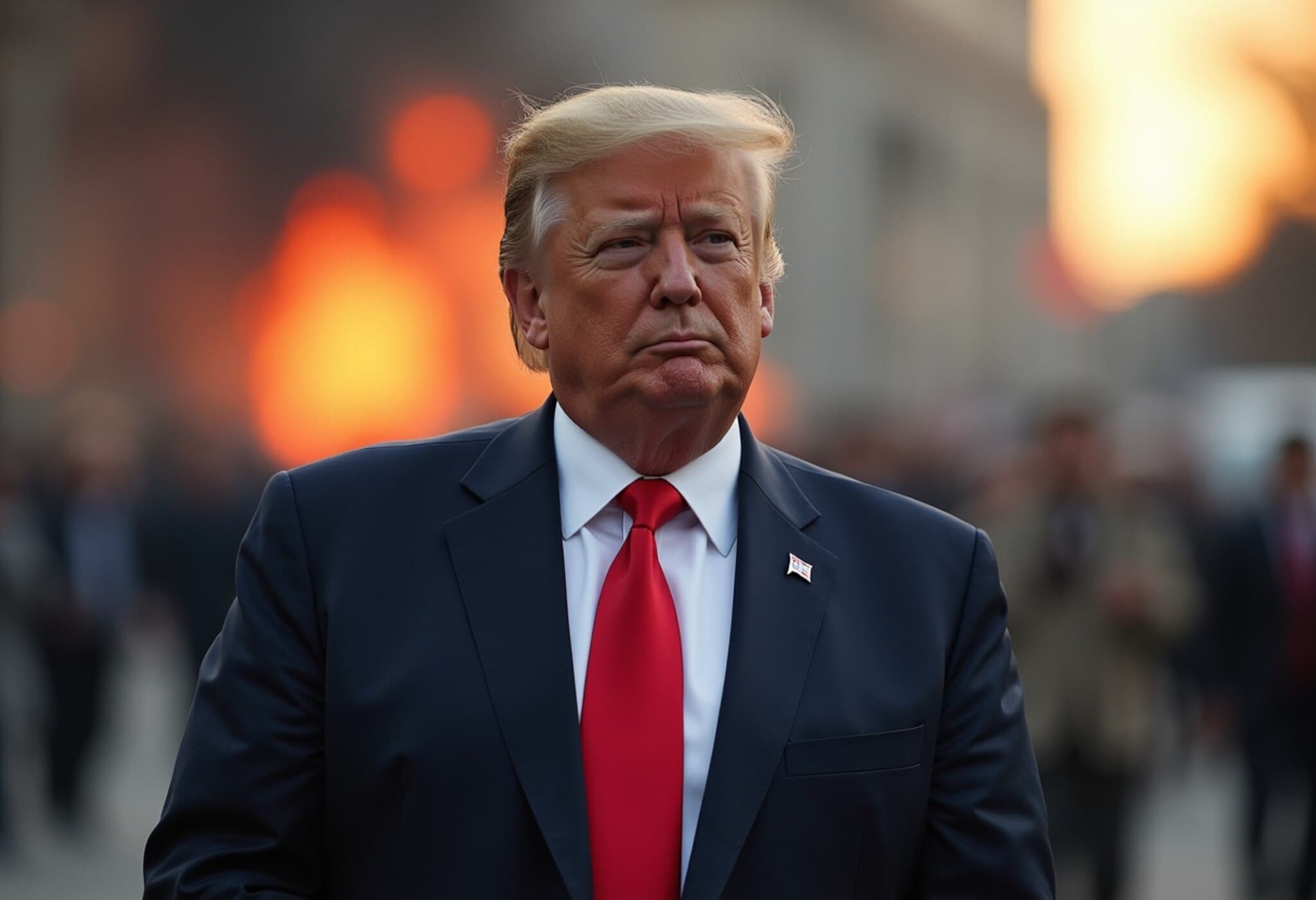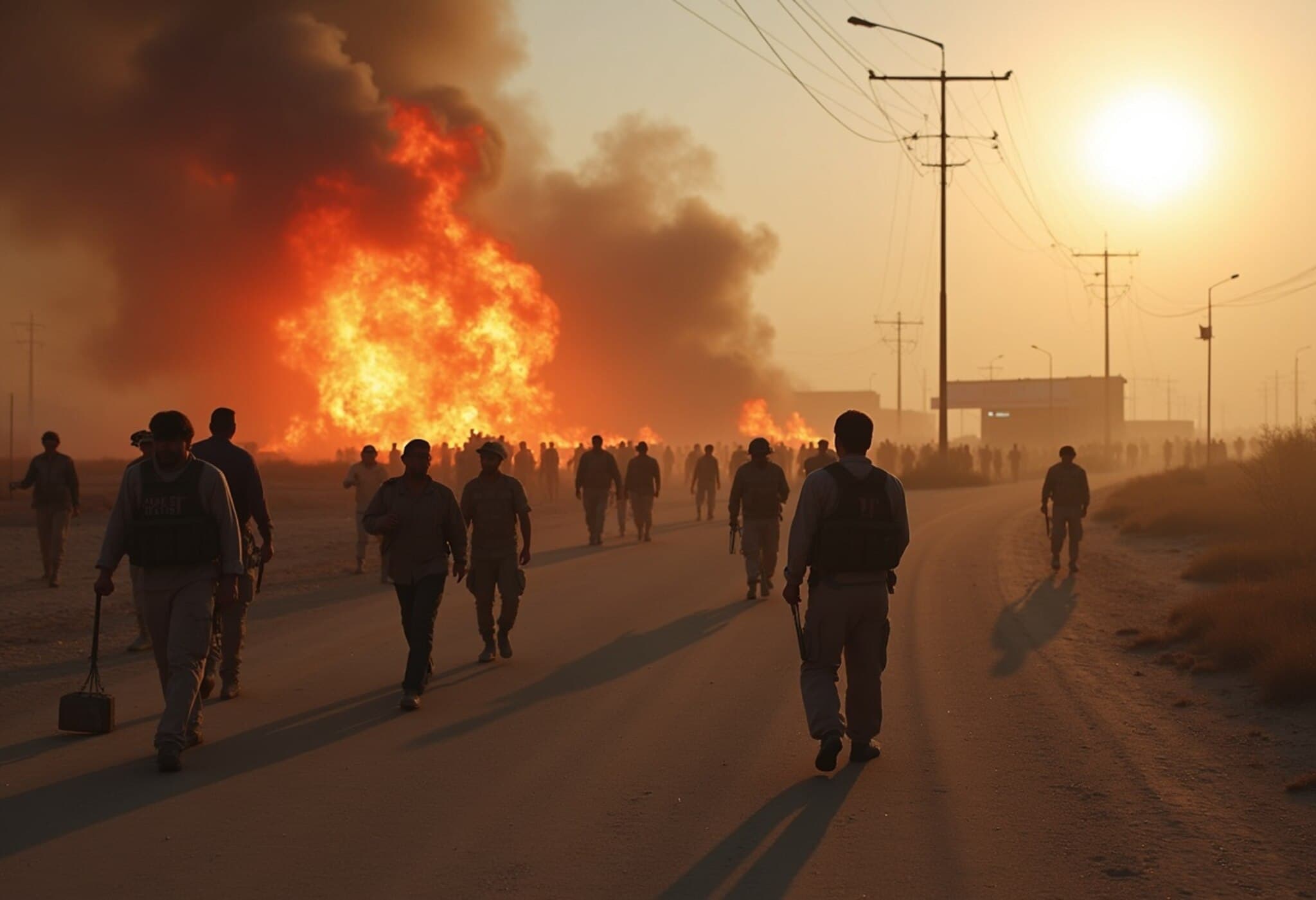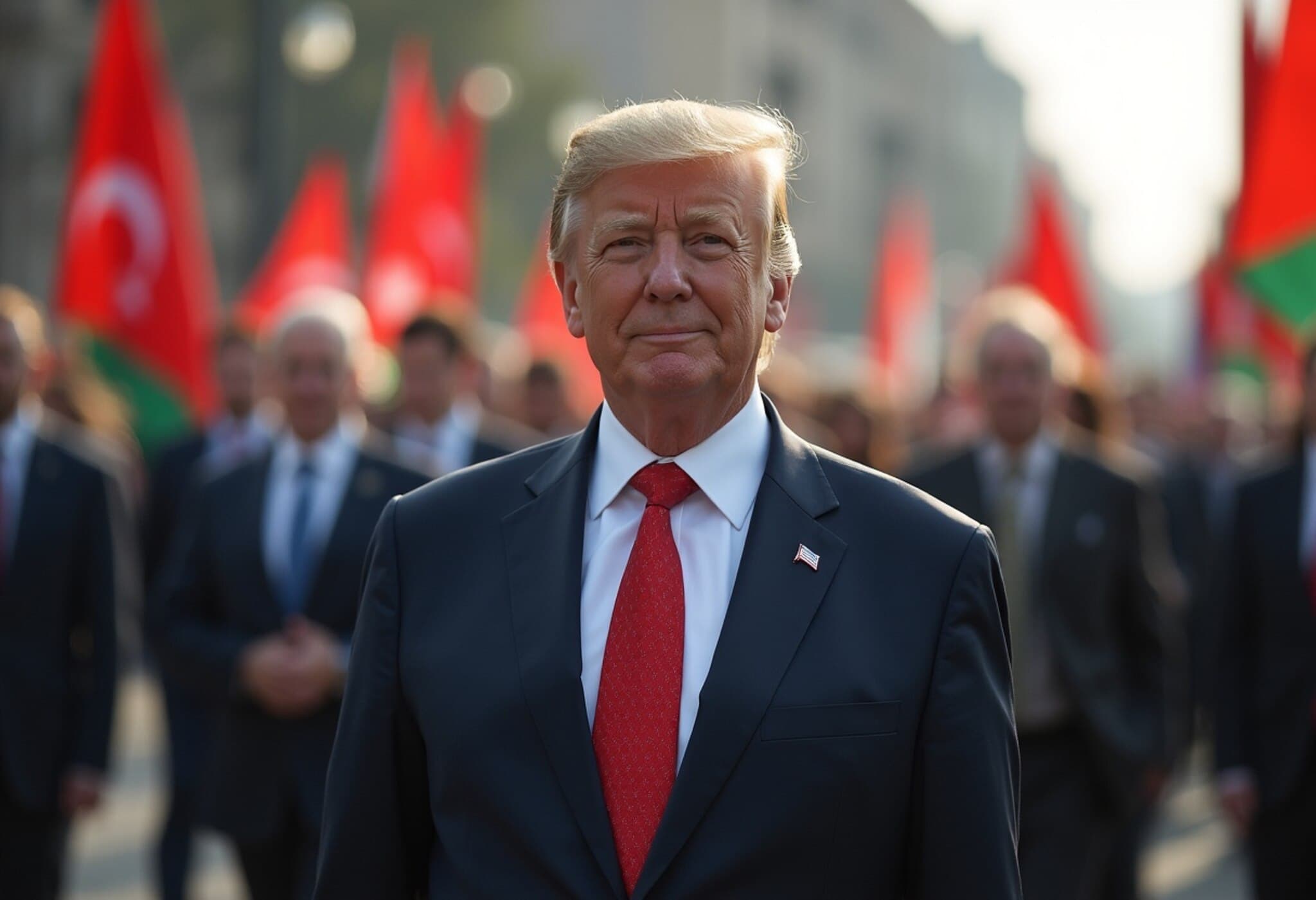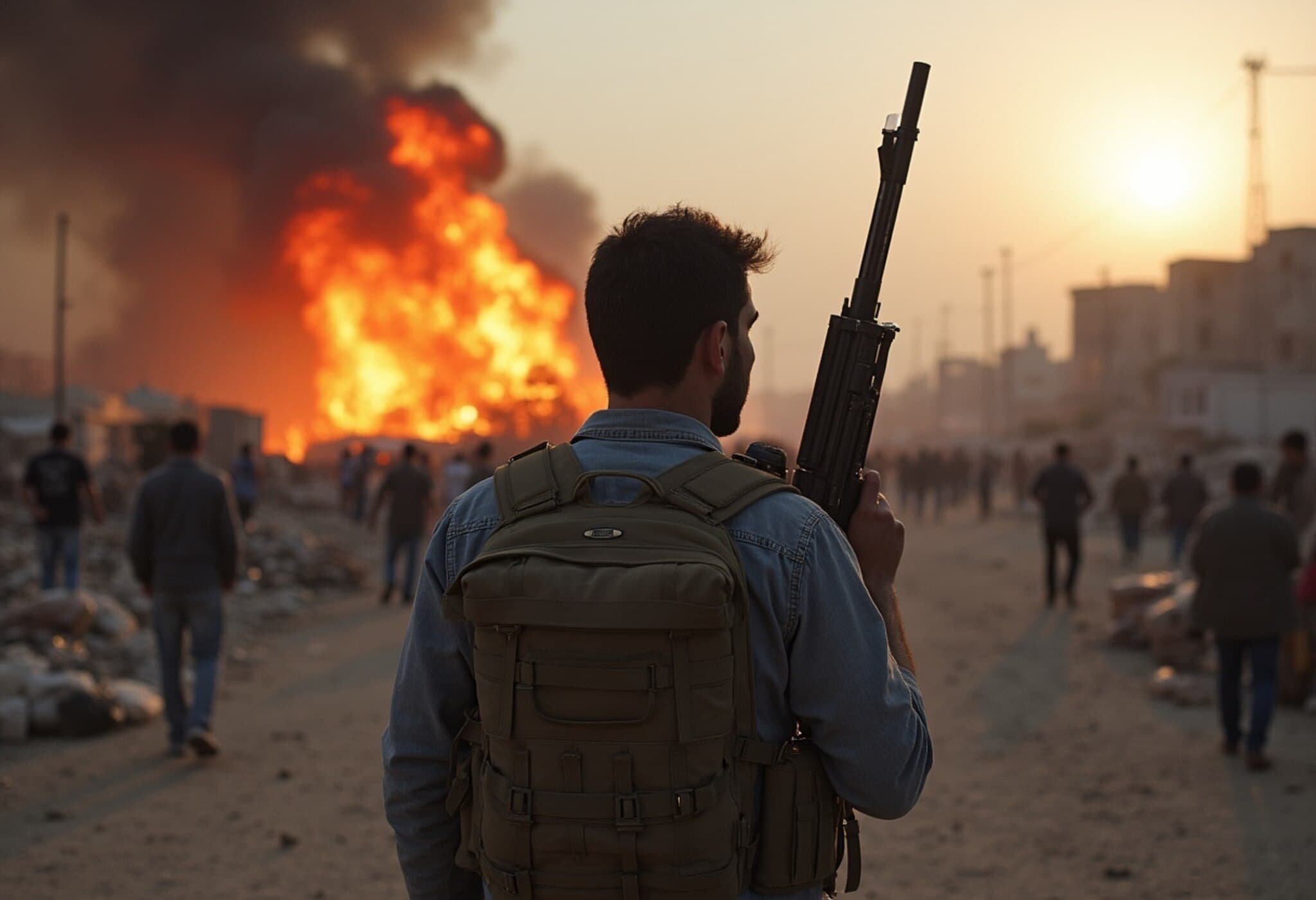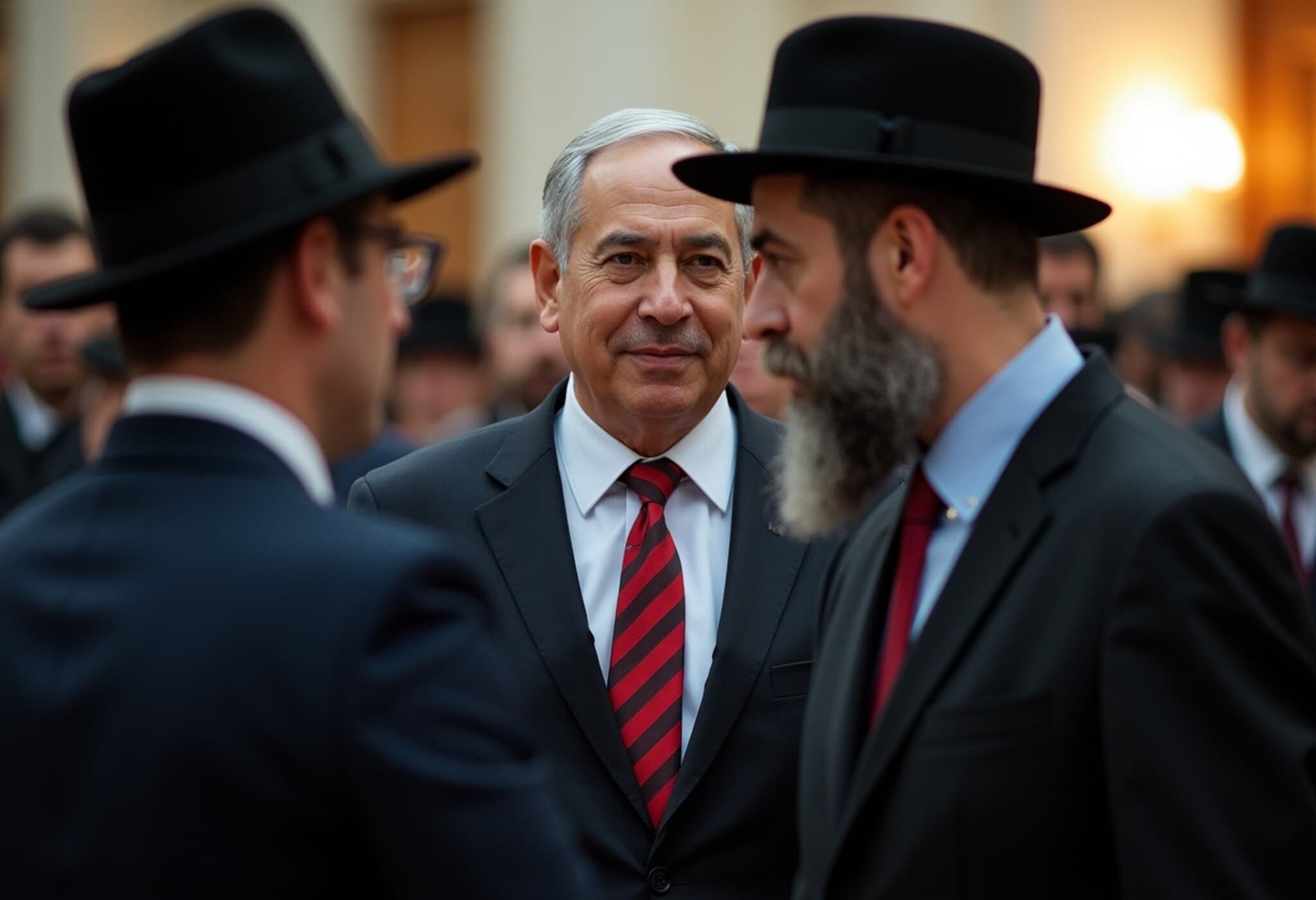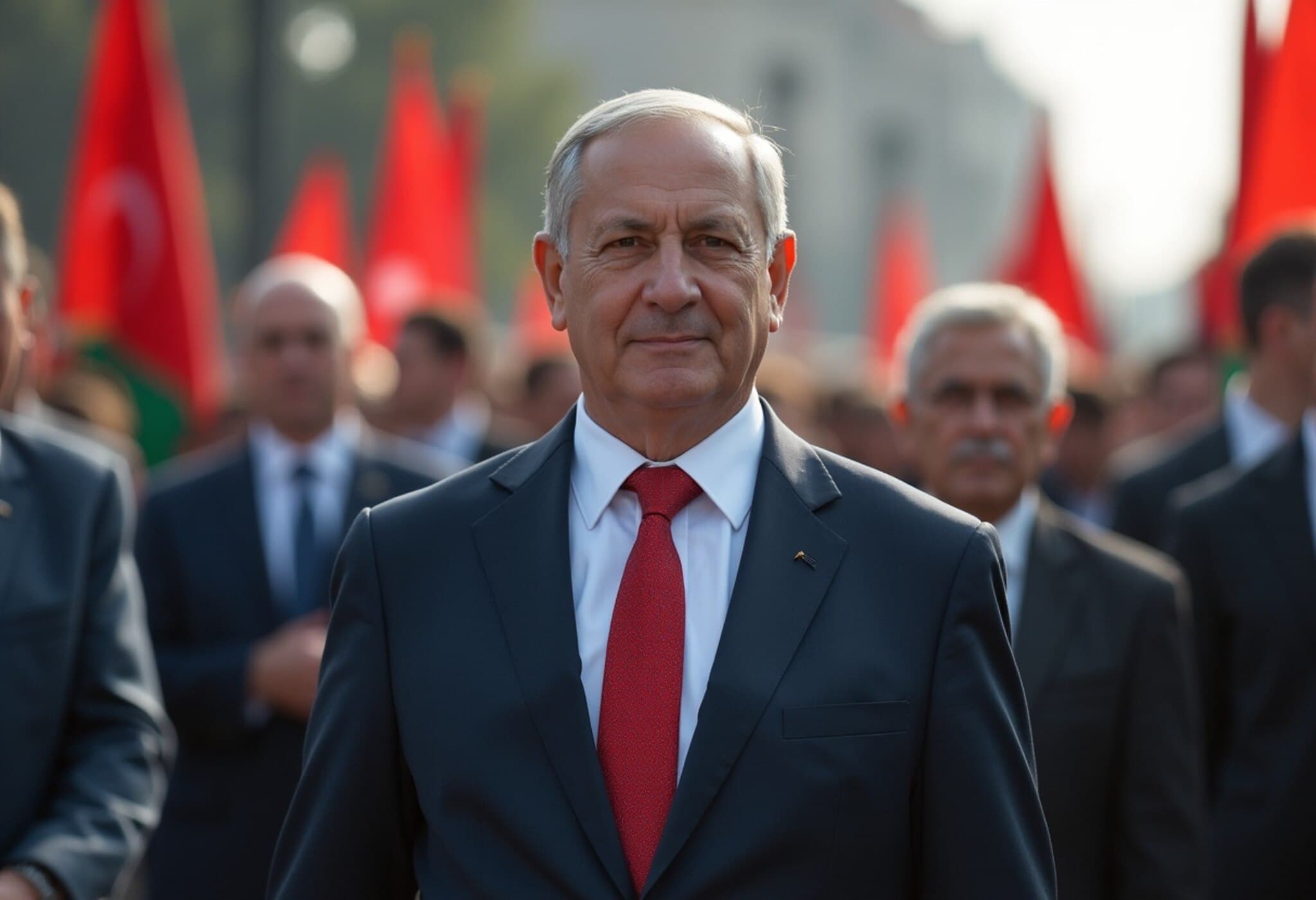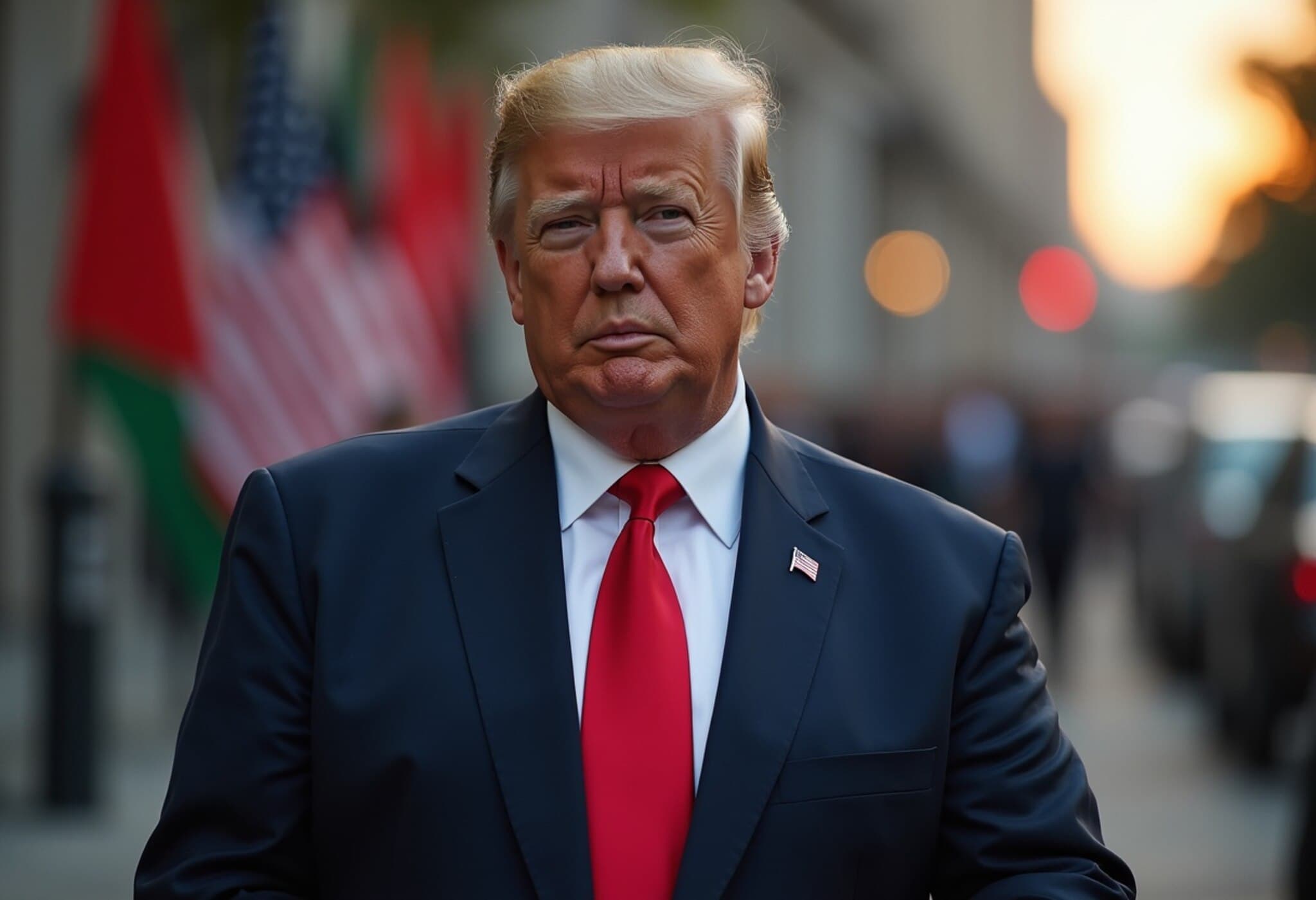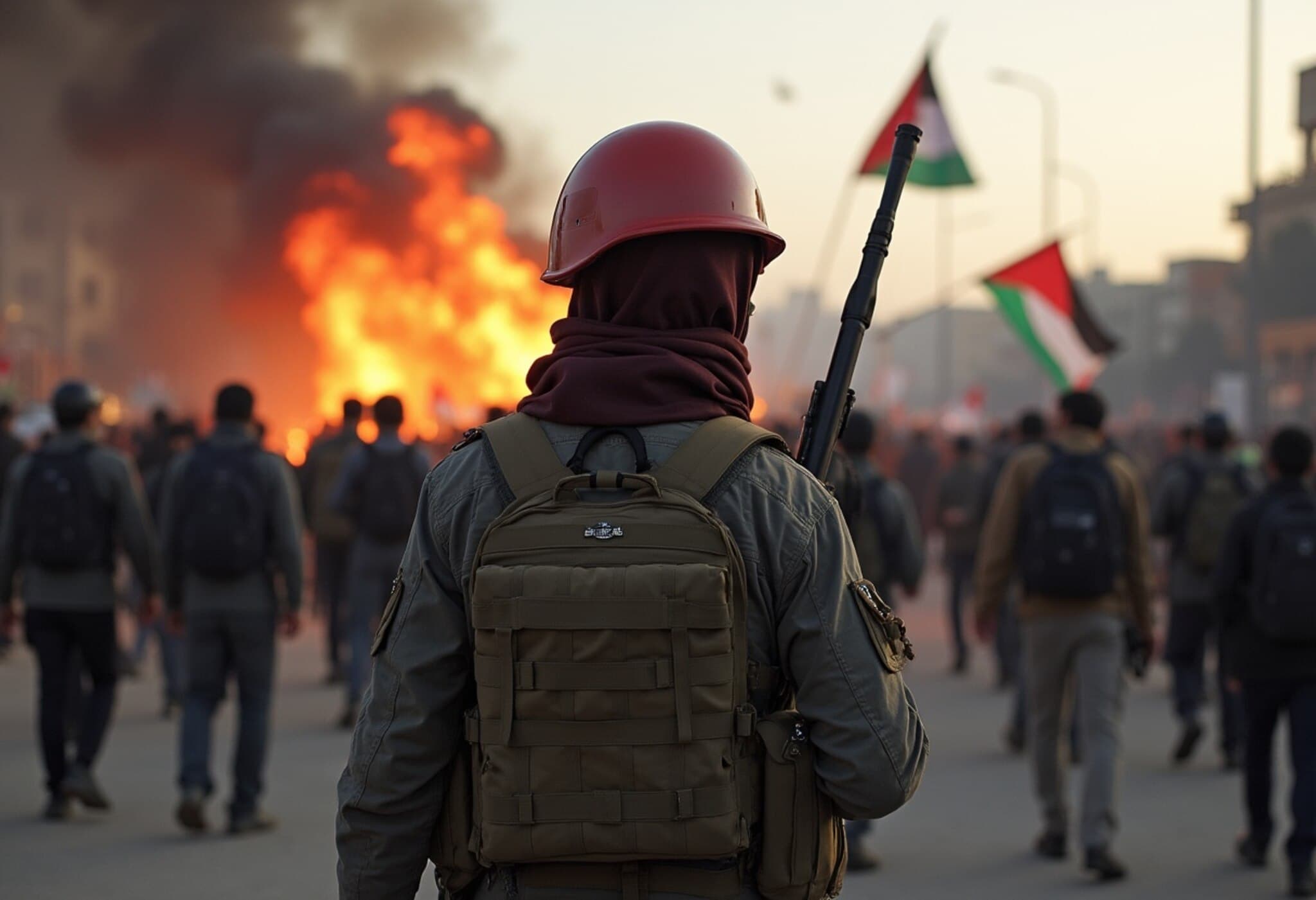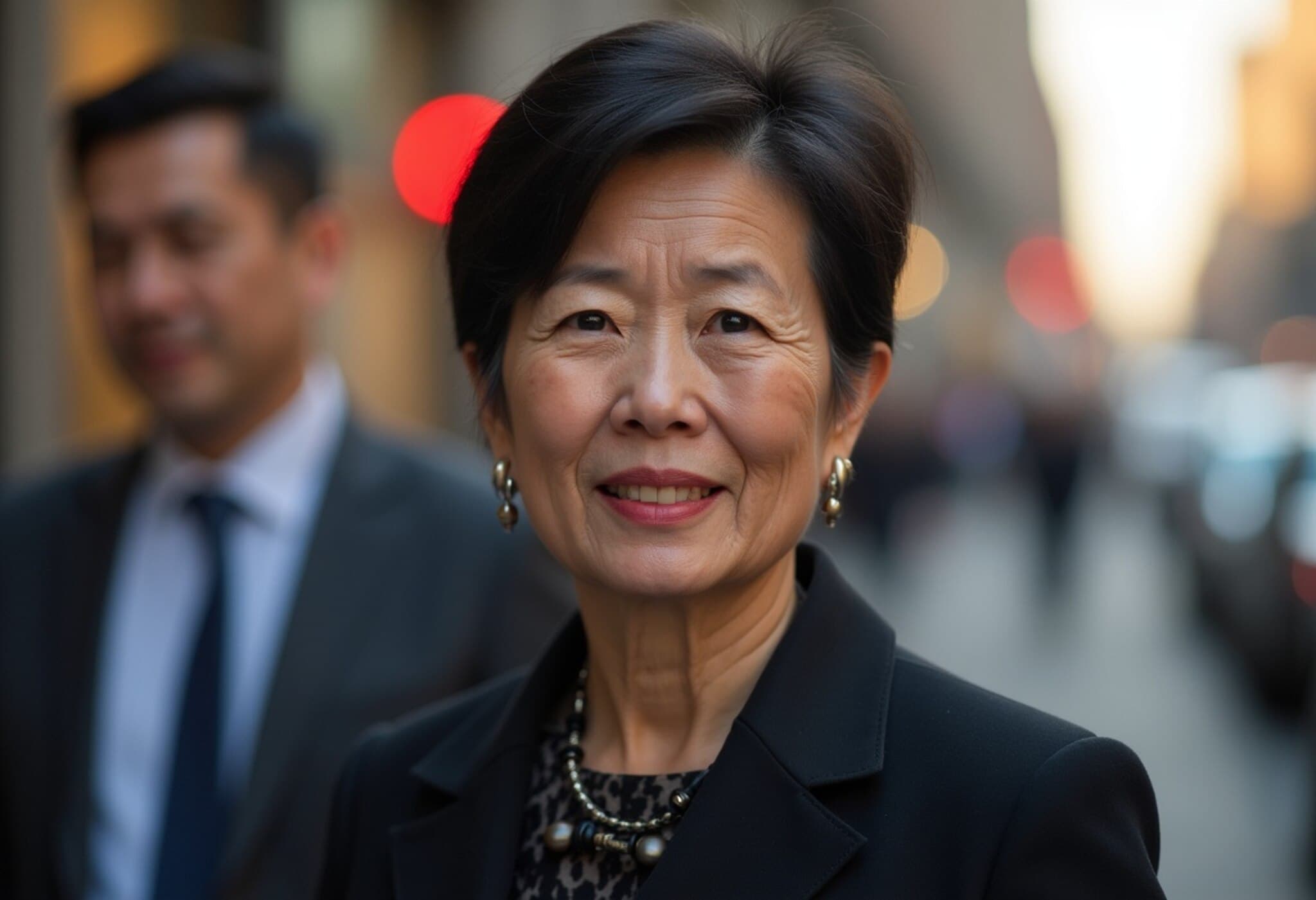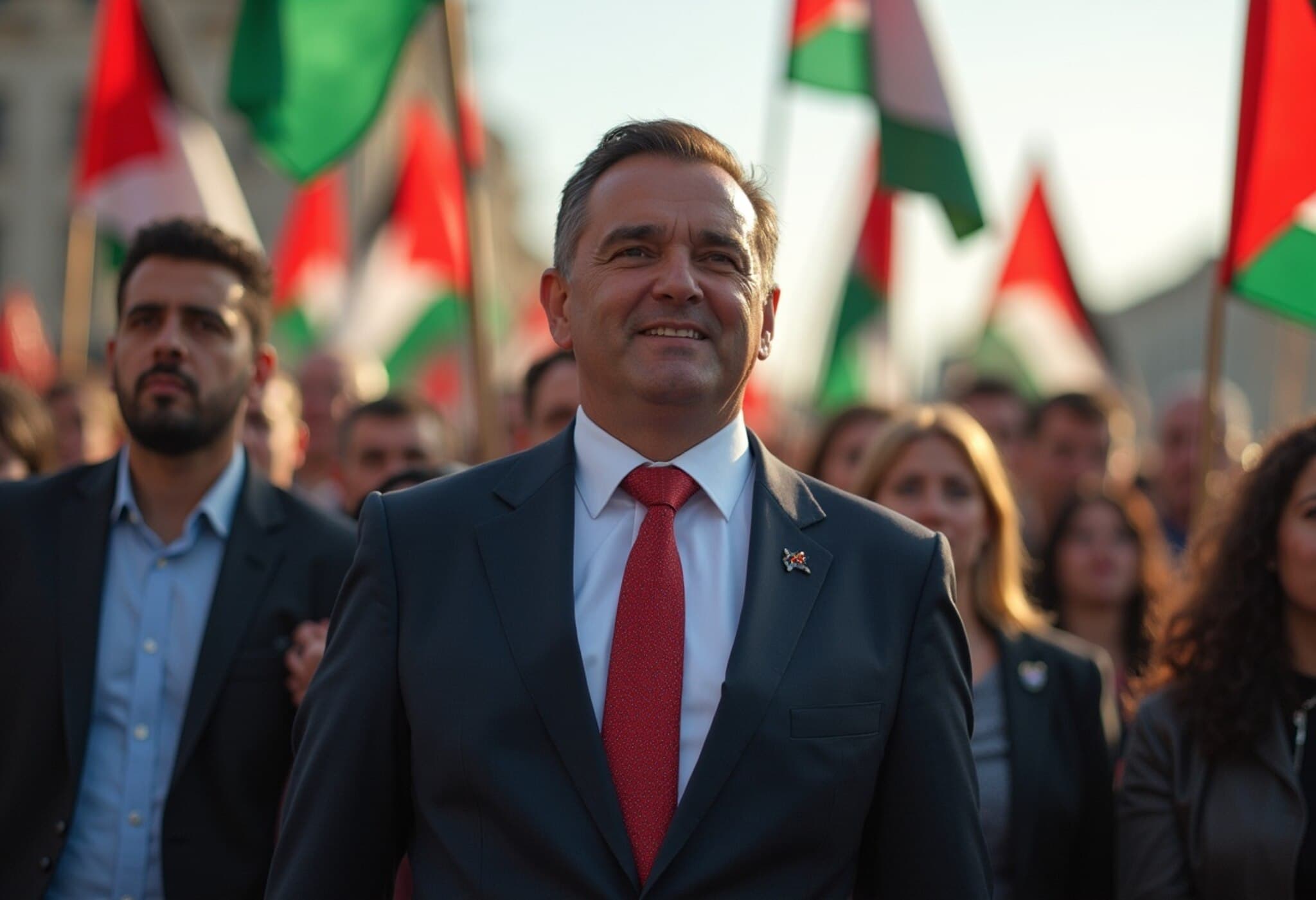Hamas Rejects Disarmament Demand Without Sovereign Palestinian State
In a significant escalation of the ongoing Gaza conflict, Hamas declared on Saturday that it will not relinquish its arms unless a fully independent Palestinian state — with Jerusalem as its capital — is established. This stance deepens the already complex deadlock in ceasefire negotiations aimed at ending years of violence.
Failed Ceasefire Talks and International Mediation Efforts
The latest round of indirect negotiations between Israel and Hamas recently collapsed, with no breakthrough in sight. These talks, aimed at securing a 60-day truce and arranging the release of hostages, unraveled amid intractable disagreements over core issues.
Mediators including Qatar and Egypt have played a pivotal role in facilitating dialogue, endorsing a joint declaration backed by France and Saudi Arabia. The declaration emphasizes the urgent need for concrete steps toward a two-state solution and proposes that Hamas transfer its weapons to the Palestinian Authority as a confidence-building measure.
Hamas: Armed Resistance as Non-Negotiable
Responding sharply to these proposals, Hamas reaffirmed its commitment to armed resistance as a legitimate means to achieve Palestinian self-determination. The group insists it will only contemplate disarmament once Palestinians realize full sovereignty — a demand that underscores its current refusal to dismantle its military wing. Despite suffering significant losses since Israel’s military campaign intensified in Gaza, Hamas remains steadfast in maintaining its armed capabilities.
Israel’s Position: Security and Disarmament Take Center Stage
Israel continues to insist on Hamas disarmament as a precondition to any lasting peace deal. Prime Minister Benjamin Netanyahu has openly opposed the formation of a Palestinian state, fearing it would serve as a launchpad for future attacks on Israeli civilians. Last month, Netanyahu underscored the necessity for Israel to retain security control over Palestinian territories to safeguard its citizens.
Additionally, Netanyahu sharply criticized countries like the UK and Canada for recognizing Palestinian statehood amid ongoing hostilities, labeling such moves as tacit approval of what he describes as Hamas’s violent tactics.
Context: The Devastating Human Toll of the Conflict
The current conflict ignited on October 7, 2023, when Hamas militants launched a deadly incursion into southern Israel, killing over 1,200 Israeli civilians and soldiers and abducting 251 people. Israel’s ensuing military response in Gaza has been devastating, resulting in more than 60,000 Palestinian deaths and plunging the region into a dire humanitarian crisis that has drawn global condemnation.
Stalemated Negotiations and Humanitarian Concerns
As talks remain deadlocked, key sticking points persist — not least Israel’s military presence in Gaza and Hamas’s refusal to disarm. The negotiation impasse prolongs suffering on both sides and hampers prospects for peace.
US Envoy Engages with Israeli Hostage Families
In a poignant development, U.S. envoy Steve Witkoff met with anguished families of Israeli hostages still held in Gaza nearly 22 months after the initial attacks. The meeting, held in Tel Aviv against the backdrop of protests demanding the hostages’ release, signals mounting international urgency to resolve this deeply personal and political crisis.
Witkoff’s visit to a U.S.-supported aid station in Gaza, focused on delivering food to the shattered territory, underscores the complex balancing act faced by mediators striving to alleviate humanitarian suffering while navigating deeply entrenched political conflicts.
Expert Insight: The Road Ahead
The deadlock between Hamas and Israel over disarmament and statehood illustrates the profound challenges that underpin this protracted conflict. Analysts argue that without mutual compromises and credible guarantees, the chances for a sustainable ceasefire remain slim.
Moreover, the insistence by Hamas on linking disarmament to statehood reveals the symbolic and strategic importance of sovereignty in Palestinian resistance narratives. Conversely, Israel views disarmament as indispensable for its national security — a foundational clash that continues to stall peace efforts.
Unseen Narratives and Broader Implications
- Palestinian Authority’s role: Often sidelined in media coverage, the PA’s potential to act as an intermediary and unify Palestinian governance remains critical but complicated by Hamas’s armed control over Gaza.
- Regional geopolitics: Countries like Qatar, Egypt, France, and Saudi Arabia walk a diplomatic tightrope balancing influence, humanitarian concerns, and strategic interests.
- Impact on civilians: Both Palestinian and Israeli populations continue to bear the brunt of hostilities, underscoring the urgent need for diplomatic breakthroughs that prioritize human security over territorial or ideological claims.
Editor’s Note
The current stalemate highlights a significant paradox: Hamas’s insistence on statehood as a condition for disarmament clashes sharply with Israel’s security demands, creating a cycle of mistrust that fuels continued conflict. As international actors intensify mediation efforts, the key question remains — can a pathway be forged that respects Palestinian aspirations while ensuring Israel’s security? Beyond geopolitical posturing, the human cost demands urgent attention and innovative diplomacy that transcends entrenched positions.

